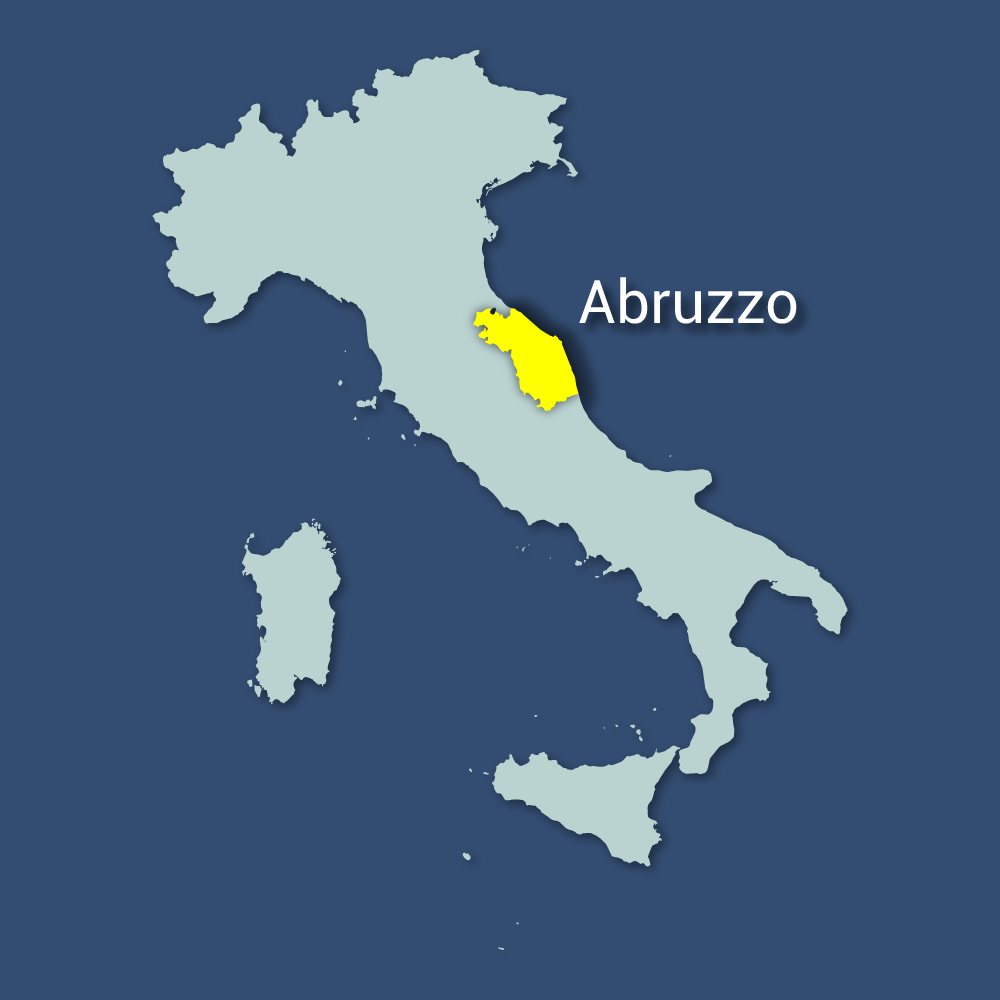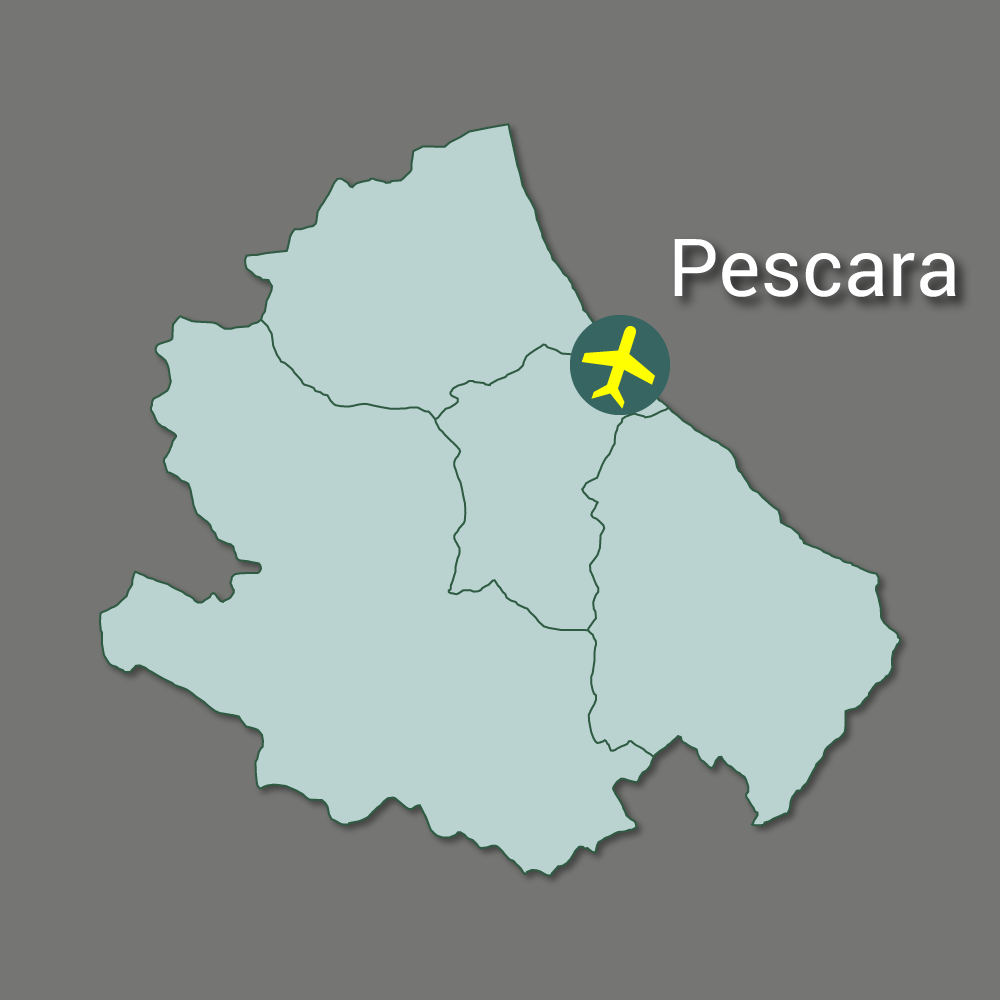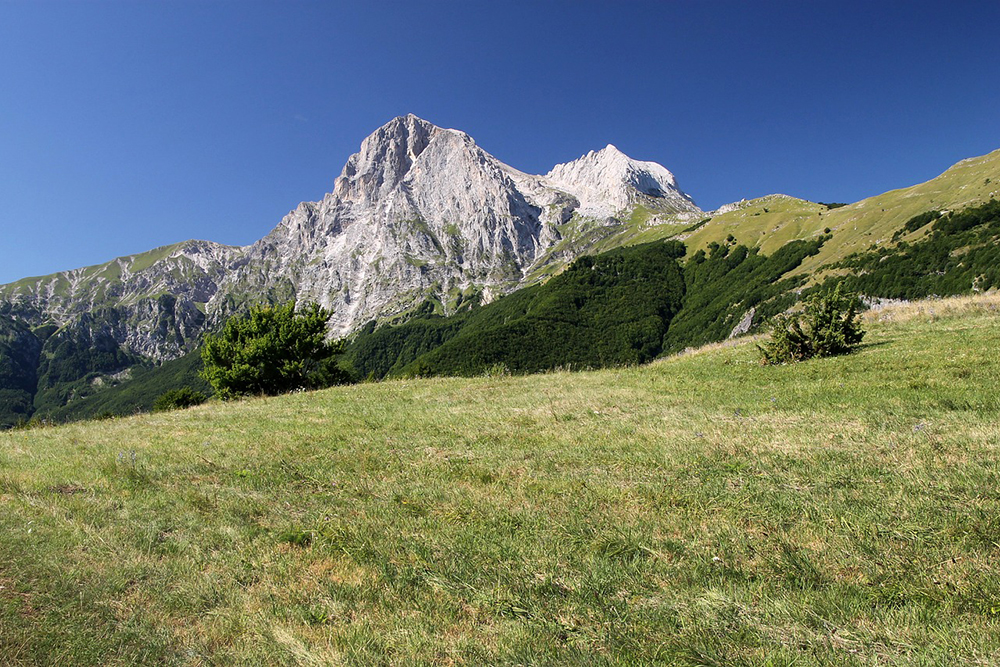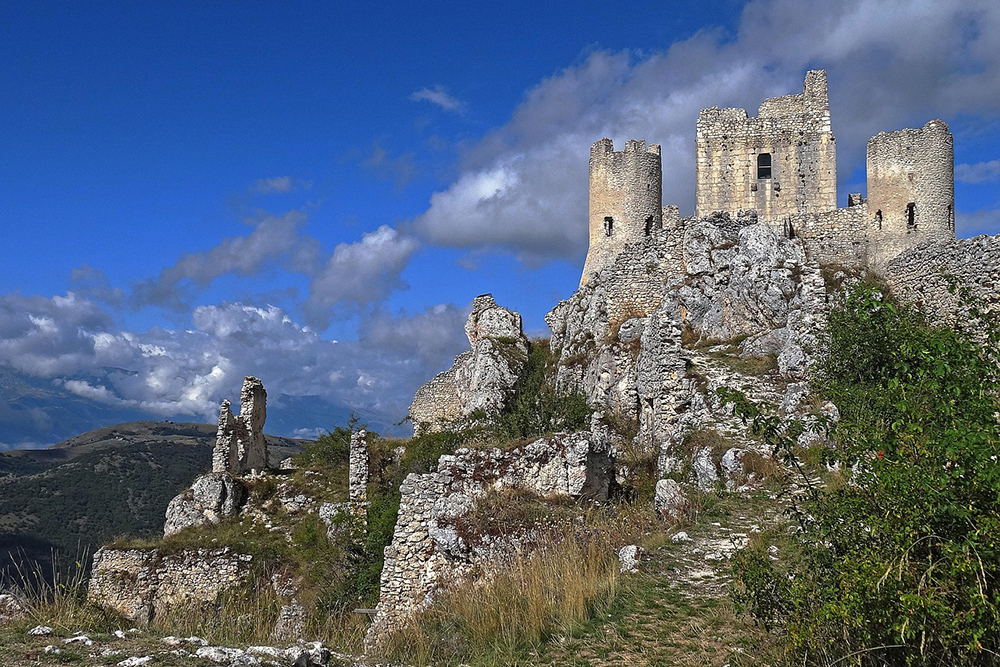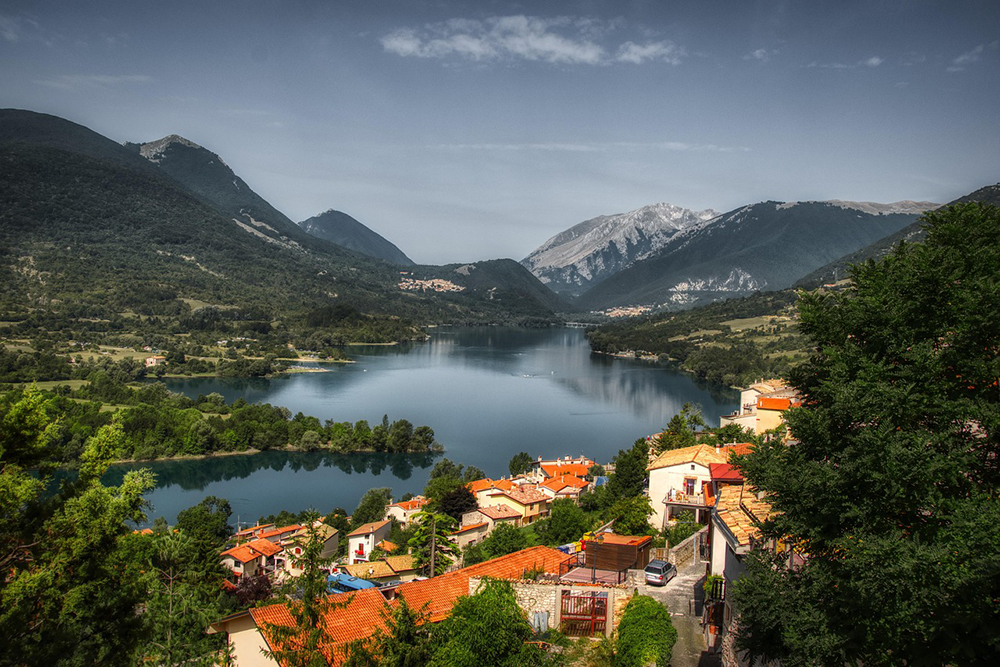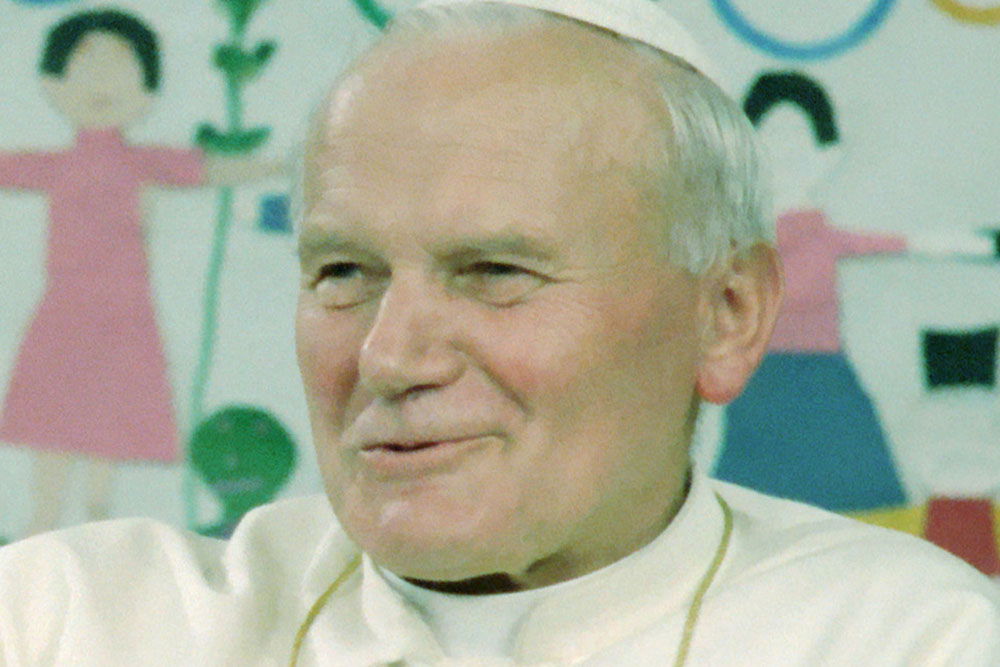
Pope John Paul II
Pope John Paul II, born Karol Józef Wojtyła on May 18, 1920, in Wadowice, Poland, emerged as one of the most influential and beloved figures of the 20th century. His papacy, lasting from 1978 until his death in 2005, profoundly shaped the Catholic Church and left an indelible mark on global history.
Early Life and Path to Priesthood
Karol Wojtyła's early life was marked by tragedy and resilience. Losing his mother at nine and his brother at twelve, his deeply religious father significantly shaped his spiritual outlook. As a young man during World War II, Wojtyła studied clandestinely to become a priest while working at a quarry and chemical factory, secretly preserving Polish culture and spirituality amidst the brutal Nazi occupation.
Ordained in 1946, Wojtyła quickly became a respected philosopher, theologian, and professor, deeply committed to human dignity, freedom, and the ethics of personalism.
Ascension to Papacy
On October 16, 1978, at age 58, Wojtyła was elected Pope, becoming the first non-Italian pontiff in over 450 years. Choosing the name John Paul II to honor his predecessor, his election signaled a significant shift within the Catholic Church, highlighting openness and international influence.
Historic Papal Travels and Global Influence
Pope John Paul II was unprecedented in his global outreach, visiting 129 countries during his pontificate, earning him the nickname "the Pilgrim Pope." His travels were vital in bridging divisions among nations, faiths, and cultures. Among his most memorable visits was his pilgrimage to Poland in 1979, which inspired the Solidarity movement and significantly contributed to the fall of communism in Eastern Europe.
His groundbreaking interfaith dialogue improved relations with Judaism, Islam, and other Christian denominations, fostering understanding and reconciliation worldwide.
Advocacy for Human Rights and Social Justice
John Paul II passionately championed human rights, emphasizing dignity, freedom, and social justice. His writings and teachings opposed oppressive regimes, advocated economic justice, and supported marginalized communities. Notably, he vocally opposed apartheid, the death penalty, and war, advocating peace and solidarity as essential elements of Christian life.
Spiritual Teachings and Theological Contributions
An intellectual giant, John Paul II significantly influenced Catholic theology through his extensive writings, including encyclicals such as "Evangelium Vitae" (The Gospel of Life), which emphasized the sanctity of human life, and "Redemptor Hominis" (Redeemer of Man), emphasizing humanity's dignity and spiritual renewal.
His devotion to Mary, captured in his motto "Totus Tuus" (Totally Yours), deepened Catholic spirituality and inspired global Marian devotion.
Challenges and Triumphs
His papacy faced immense challenges, including the assassination attempt on May 13, 1981, by Mehmet Ali Ağca, from which he miraculously survived and later forgave his attacker. As he aged and battled Parkinson’s disease, John Paul II’s visible suffering became a powerful testament to faith and endurance.
Death and Canonization
John Paul II passed away on April 2, 2005, prompting an unprecedented outpouring of grief from millions worldwide. Recognized for his spiritual depth, moral courage, and extensive influence, he was canonized as a saint by Pope Francis in 2014.
Today, Pope Saint John Paul II remains celebrated as one of the most impactful spiritual leaders, whose legacy continues to inspire people around the globe to pursue peace, dignity, and solidarity.


